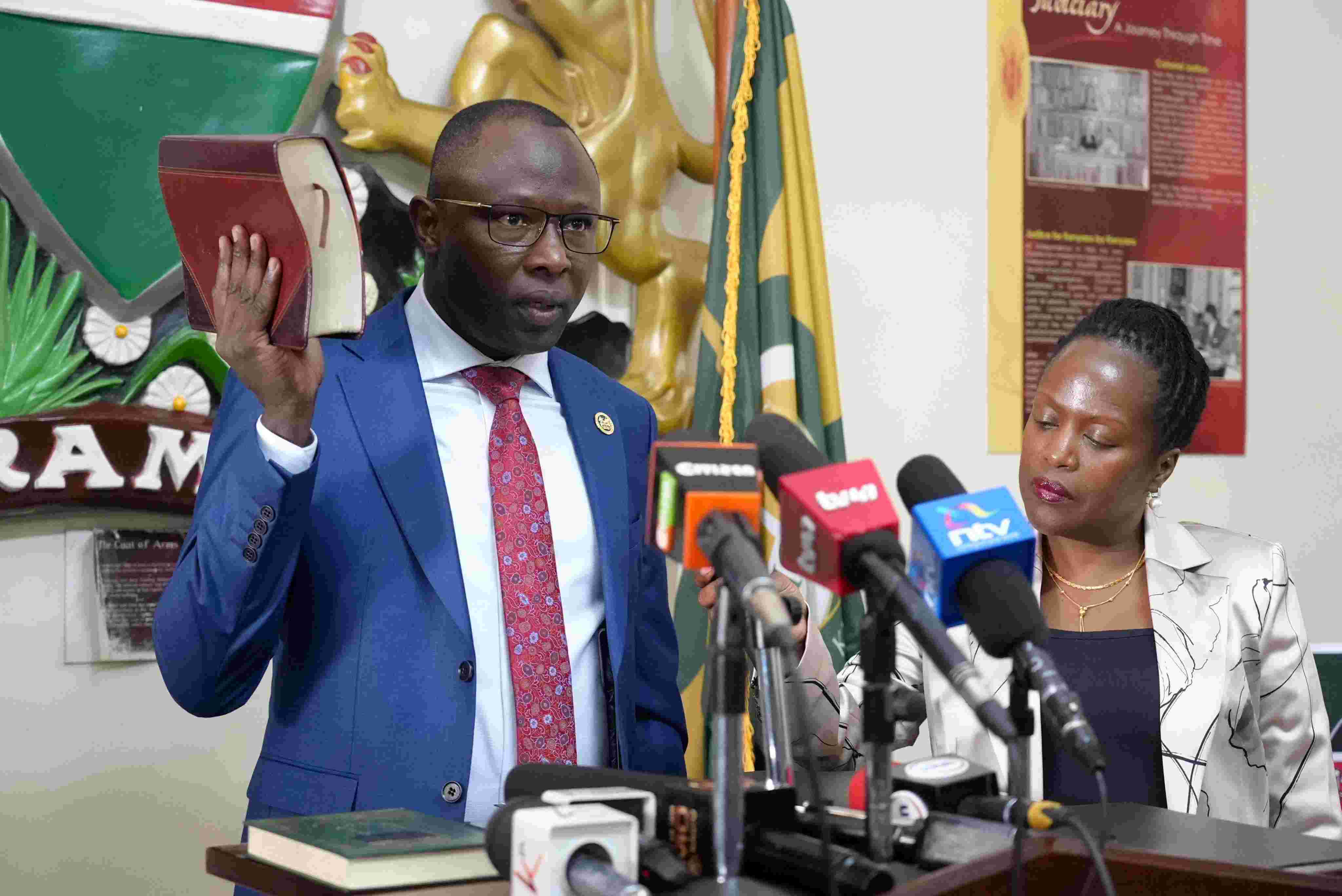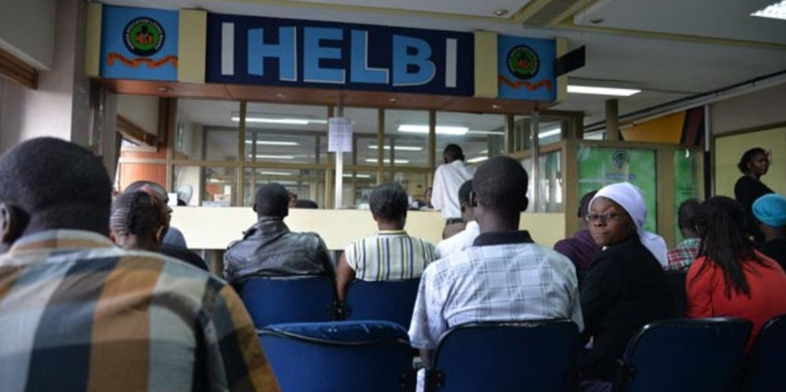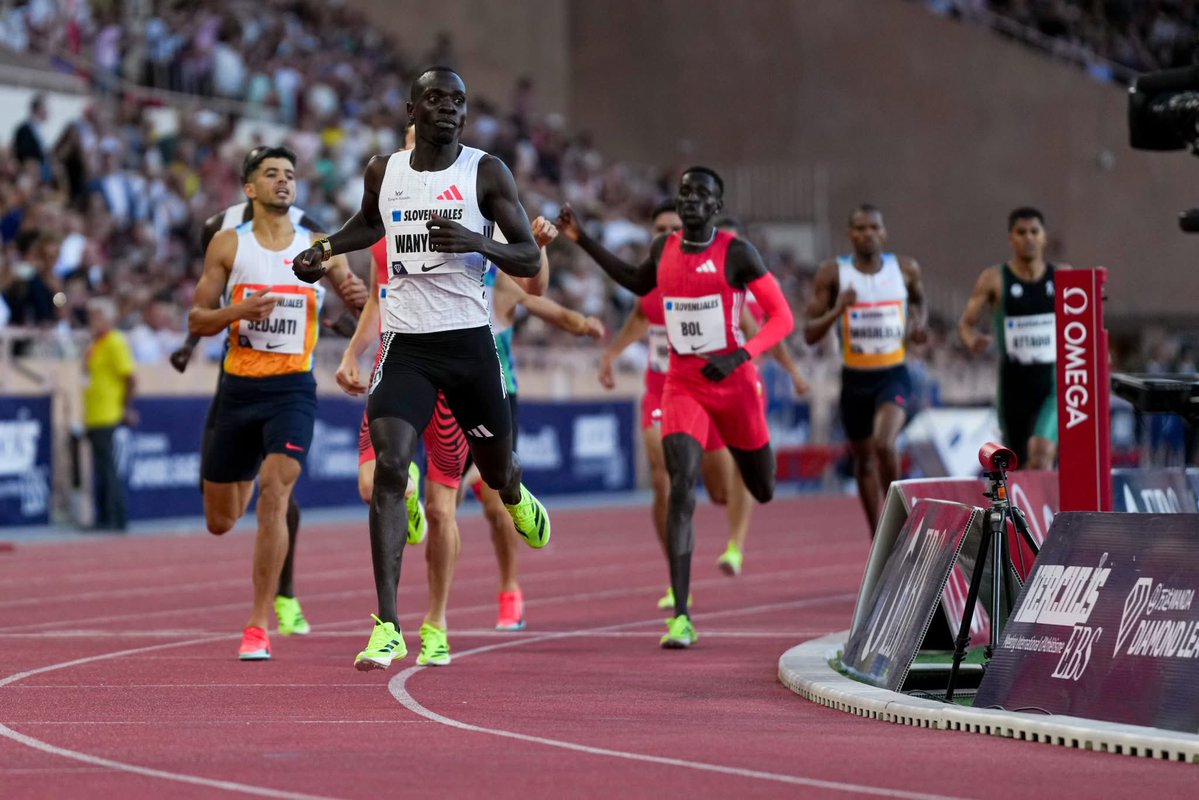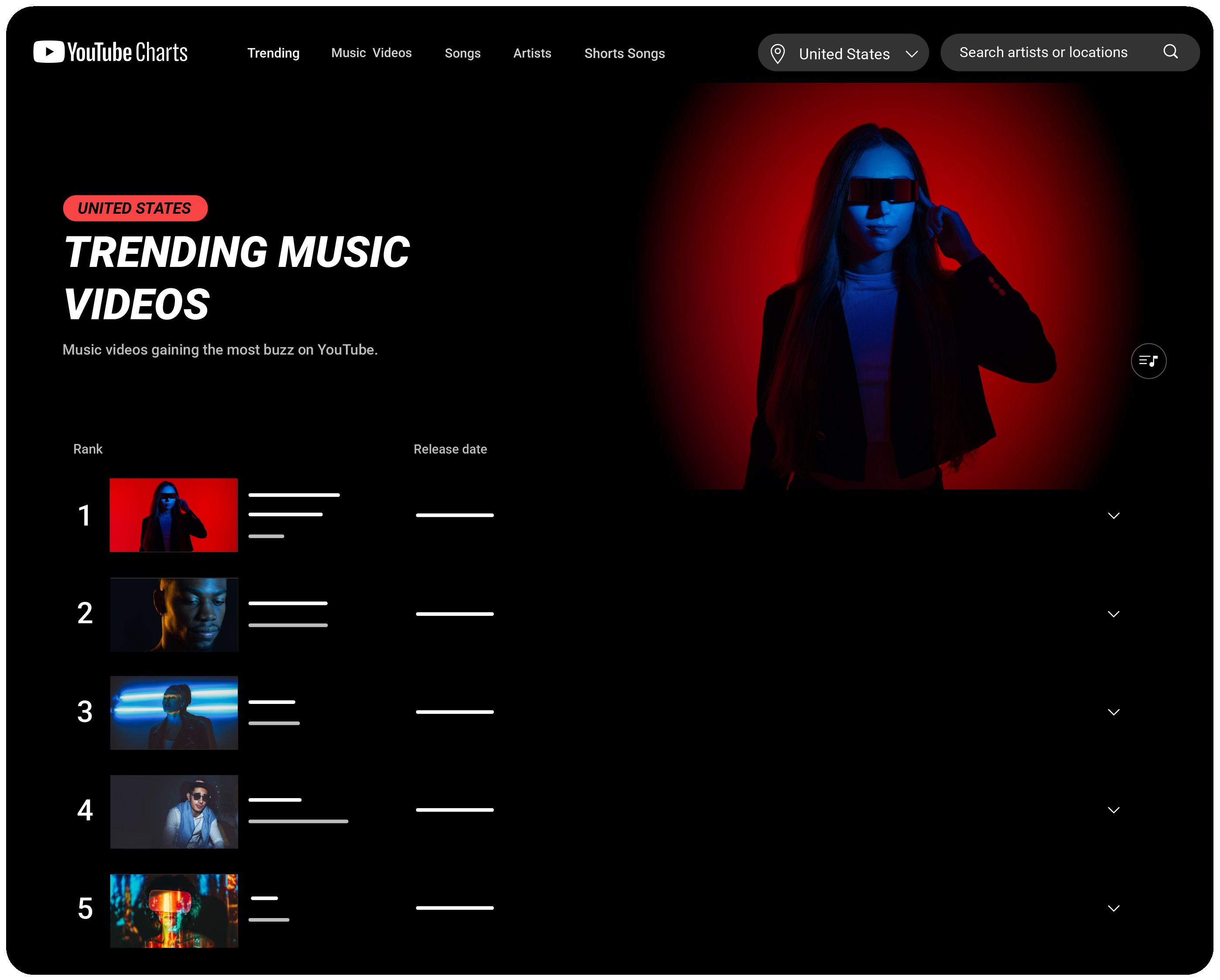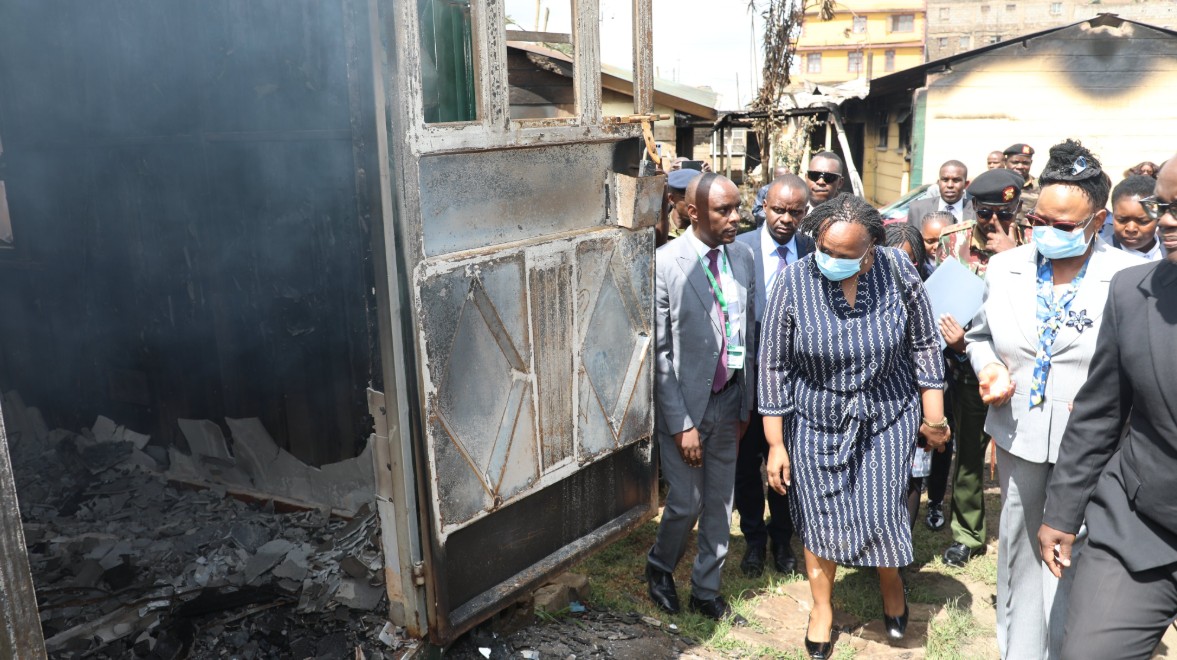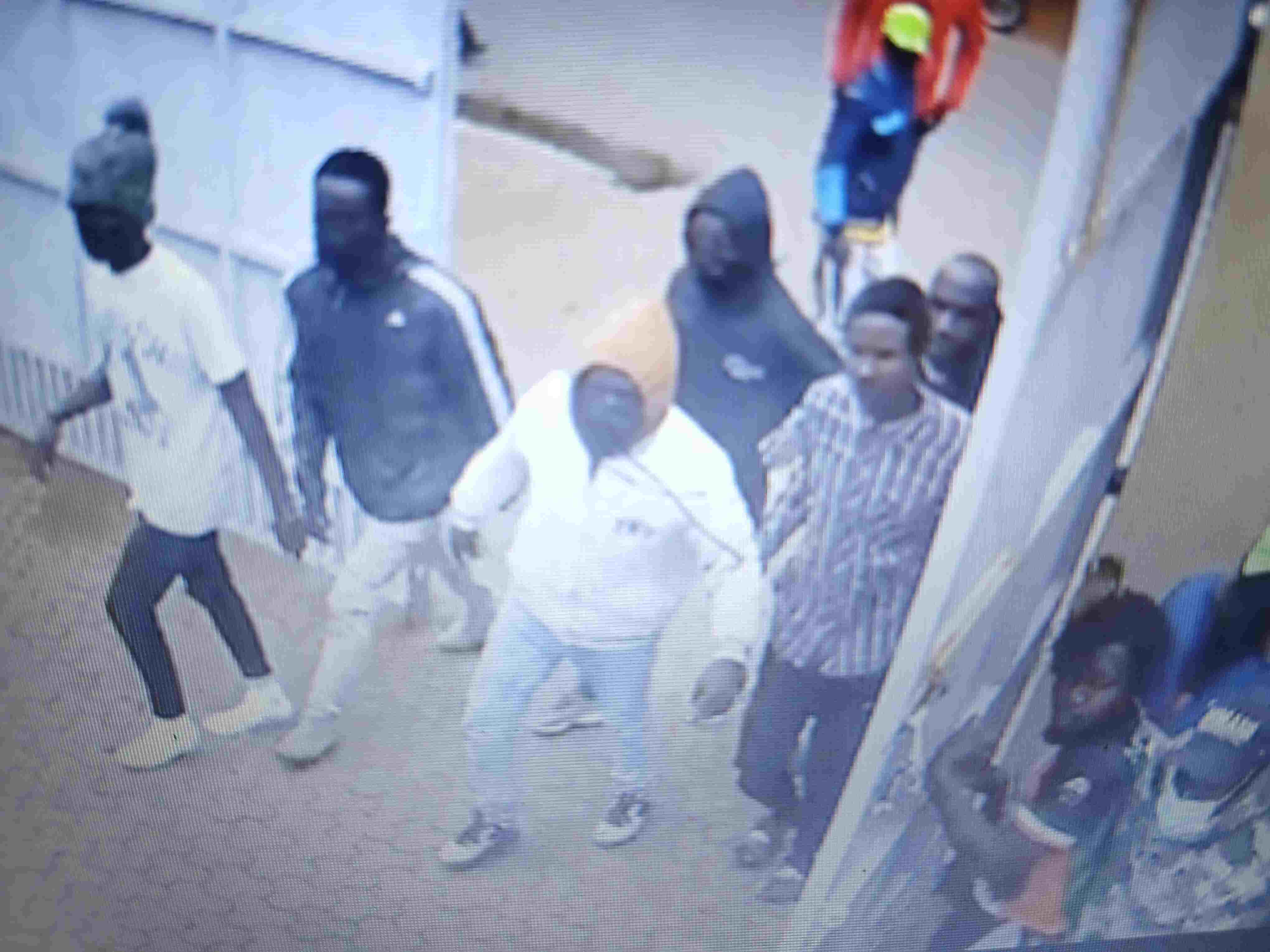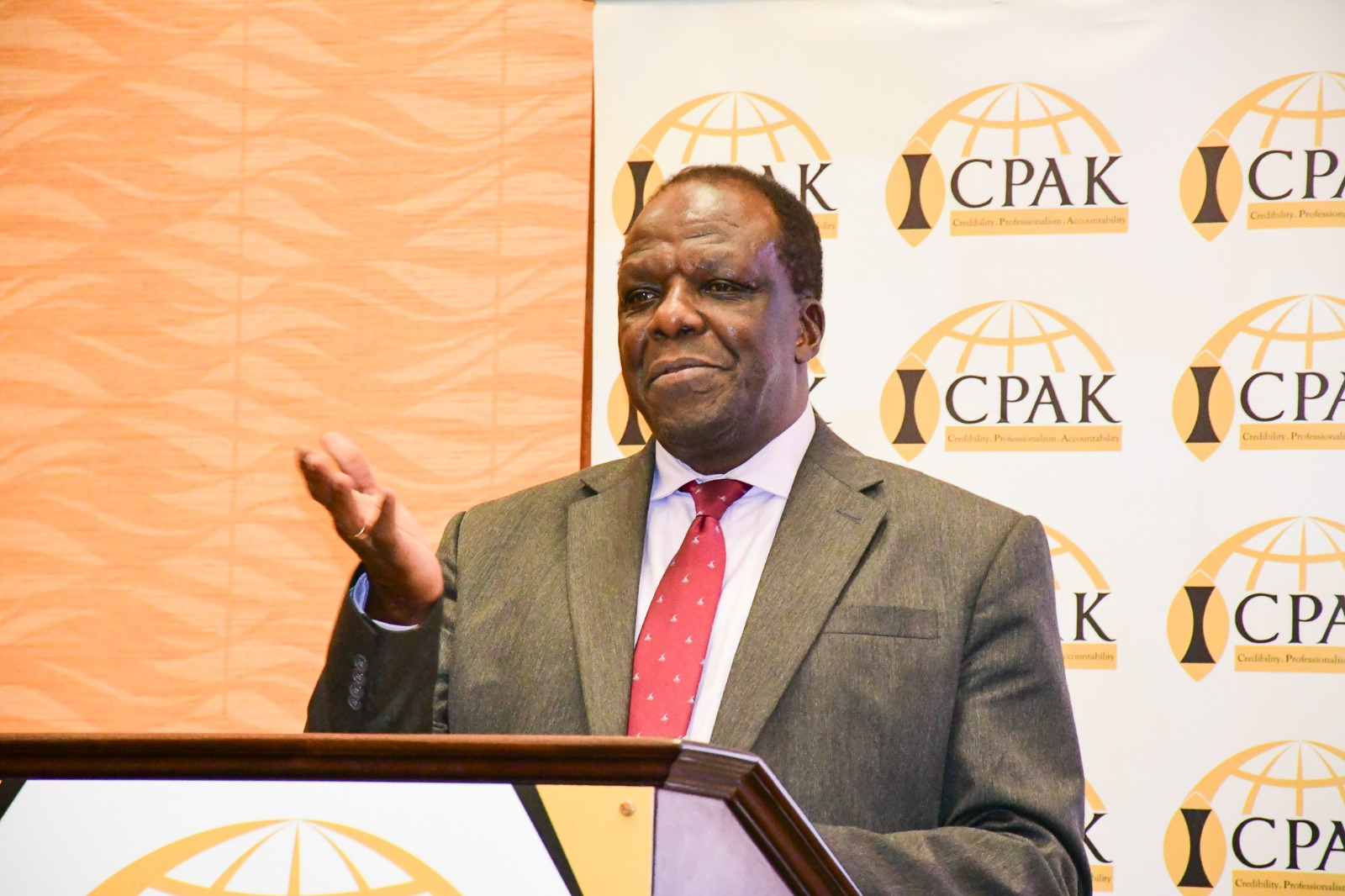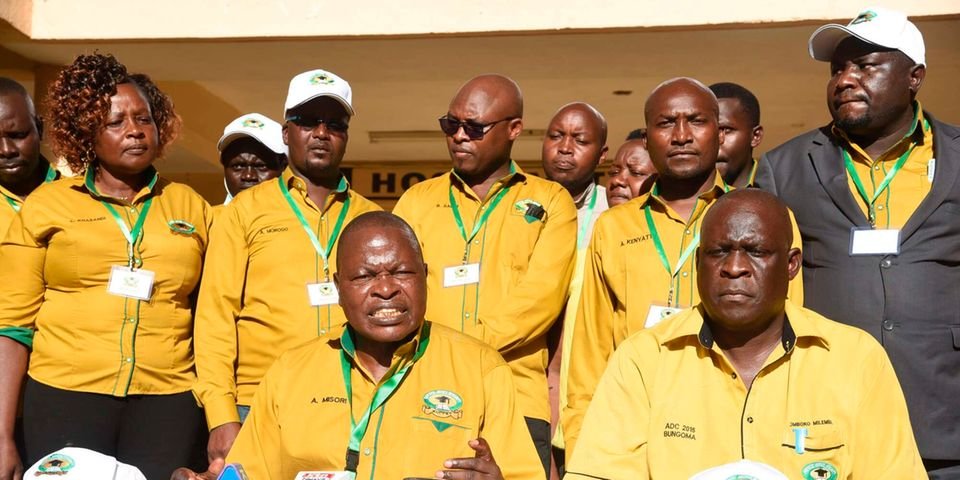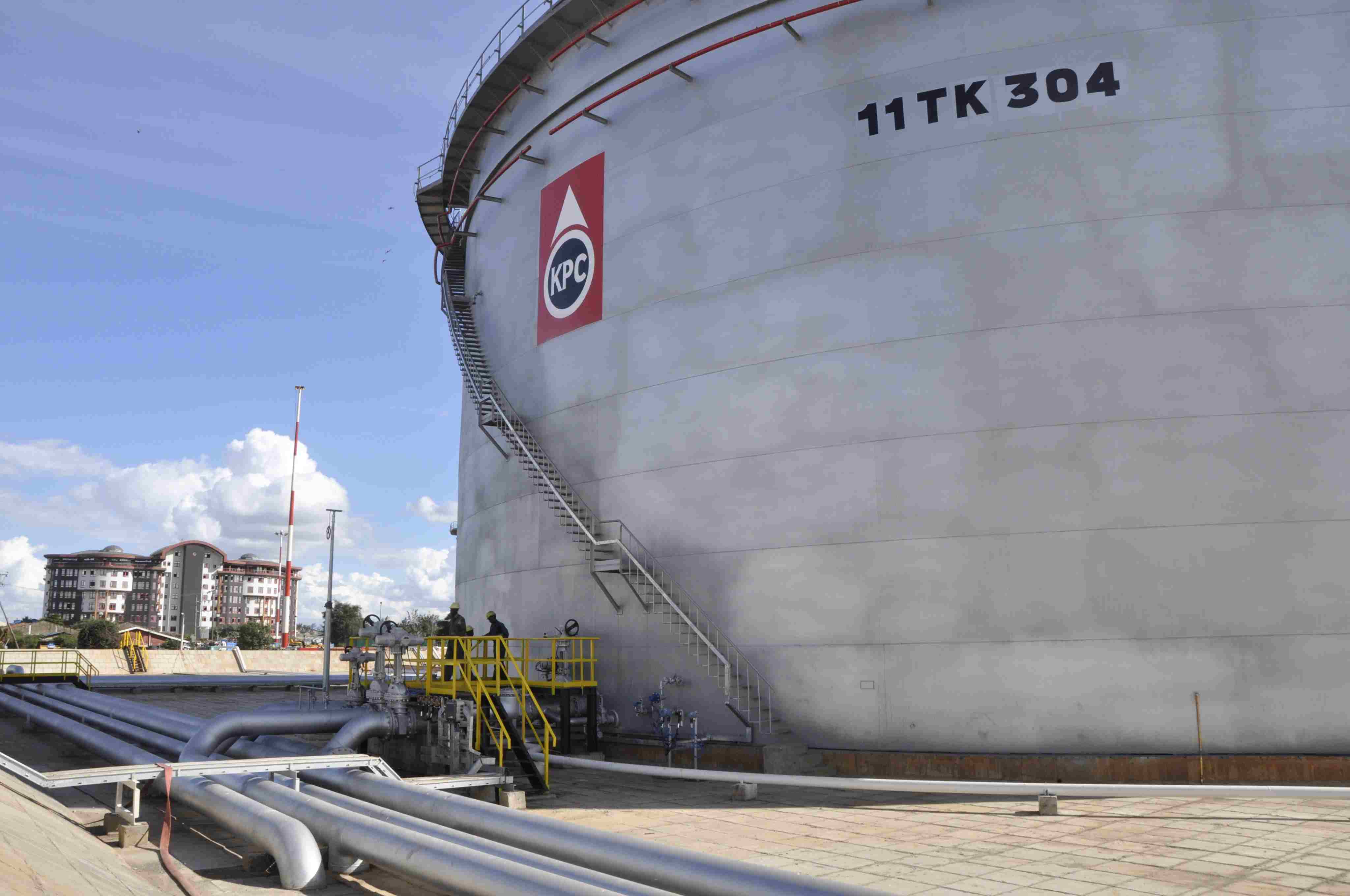High Court outlaws subversion offence over limits to freedom of expression

Nakuru judge says sections 77(1) and (3) of the Penal Code are a "colonial legacy which limit freedom of expression through the vaguely-worded offence of subversion".
The High Court sitting in Nakuru has outlawed sections 77(1) and (3) of the Penal Code, which create the offence of subversion.
In his ruling, Justice Samwel Mohochi said the provisions of the section are broad and vague, and limit the right to freedom of expression.
More To Read
- Ruto clashes with courts over roadblocks ban, accuses Judiciary of undermining security
- CCTV exposes how goons violently invaded KHRC offices
- LSK, Police Reforms Working Group condemn storming of KHRC offices ahead of Saba Saba protests
- Fake lawyers busted in Garissa town as Law Society of Kenya cracks down on illegal law firms
- Communications Authority denies censorship claims, defends live protest coverage ban as lawful
- Petition filed to remove CS Murkomen over 'shoot to kill' orders, incitement and unethical conduct
"It therefore goes without saying that, sections 77(1) and (3) of the Penal Code are a colonial legacy which limit freedom of expression through the vaguely worded offence of subversion," said Justice Samwel Mohochi.
His ruling follows a petition by, among others, the Katiba Institute, the Law Society of Kenya, the International Commission of Jurists, Article 19 and the Kenya Human Rights Commission, which sought to have the police and courts prohibited from enforcing the two sections in a case pitting Joshua Otieno Ayika against the state and in any other matter that might come up.
Ayika was arrested on July 21, 2023, and charged with subversive activities contrary to Section 77 (1)(a) of the Penal Code, Cap 63. He was also charged with the publication of false information, contrary to Section 23 of the Computer Misuse and Cyber Crimes Act of 2018.
This was after he posted, "I am not a prophet, neither am I a soothsayer, but get it from me, in between Wednesday - Friday next week, we might have the army taking over from this "Biblical Regime'". Prepare for an army to take over the government for the next 90 days, then we shall have elections," he wrote on his X page, handle @Ayika_Joshua.
According to the Penal Code, subversion means "supporting, propagating (otherwise than with the intent to attempt to procure by lawful means, the alteration, correction, defeat, avoidance or punishment thereof) or advocating any act or thing prejudicial to public order, the security of Kenya or the administration of justice".
It also means "inciting to violence or other disorder or crime, or counselling defiance of or disobedience to the law or lawful authority".
Section 77 reads, "Any person who does or attempts to do, or makes any preparation to do, or conspires with any person to do, any act with a subversive intention, or utters any words with a subversive intention, is guilty of an offence and is liable to imprisonment for a term not exceeding seven years".
This law was enacted during the colonial period to stifle dissent against the colonial rulers but was repealed in 2003.
The petitioners, who also included the Kenya Union of Journalists, Bloggers Association of Kenya, Africa Centre for Open Governance, and Tribeless Youth, questioned the legality of Section 77 of the Penal Code.
They further argued that Kenya is a democratic state, with a democratically elected leadership, and it must therefore be appreciated that it is only through criticism that citizens let their leaders know when their actions may not be in the nation's interests.
The petitioners added that such criticism helps public officers understand citizen's feelings.
"Citizens cannot freely express themselves if they do not criticise or comment about their leaders and public officers. Free speech is the last bastion against irresponsible governments in which politicians tend to wield inordinate power and influence to silence their critics," they said.
They, however, agreed that the right to freedom of expression is not absolute.
Under Article 33(2), freedom is limited to propaganda for war, incitement to violence, hate speech, or advocacy of hatred.
The judge, however, noted that Ayika was listed as an interested party to the case, was thus elected to spectate on the sidelines, and did not participate by filling out any submissions, thereby making it difficult to issue any orders of prohibition.
"However, having found the provisions of Section 77 of the Penal Code to be unconstitutional, it therefore follows that, no criminal prosecution may be sustained under the said provision, and the first respondent has the constitutional mandate to determine whether or not to proceed with the prosecution of the interested party with regard to the facts alleged against him should they disclose an offence under any other provision of law," Justice Mohochi ruled.
He added that Section 77 of the Penal Code lacks a mens rea and is therefore vague and overbroad as to impair the freedom of expression more than necessary.
Further, he said the state had failed to show how a penal sanction is a necessary and proportionate limitation to freedom of expression in the circumstances of this petition.
Top Stories Today
